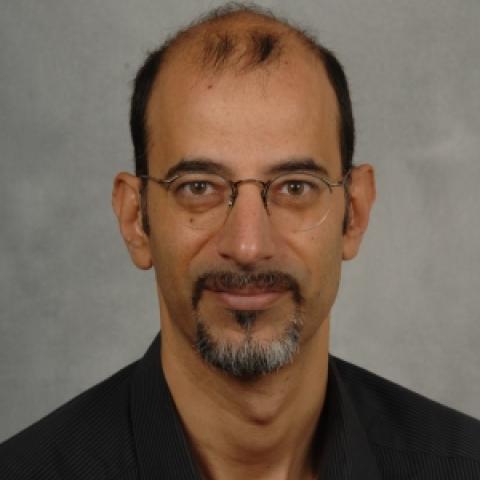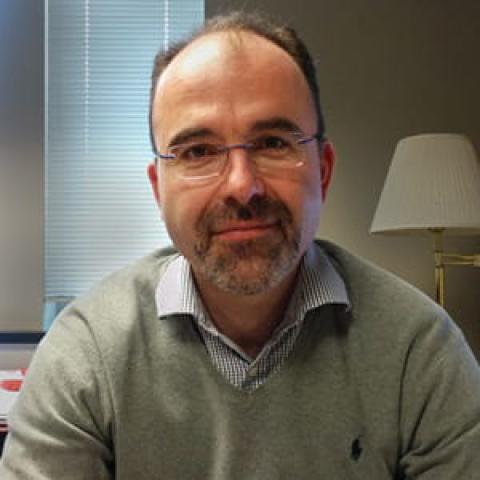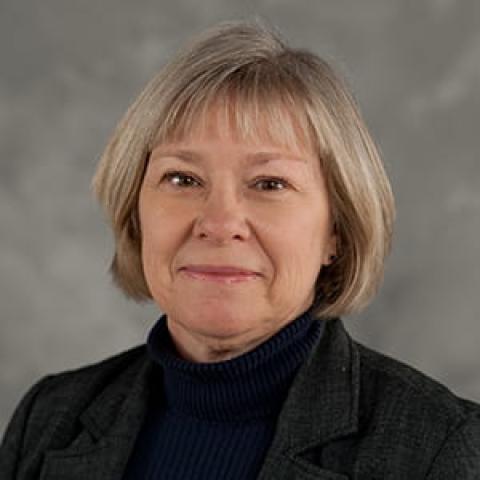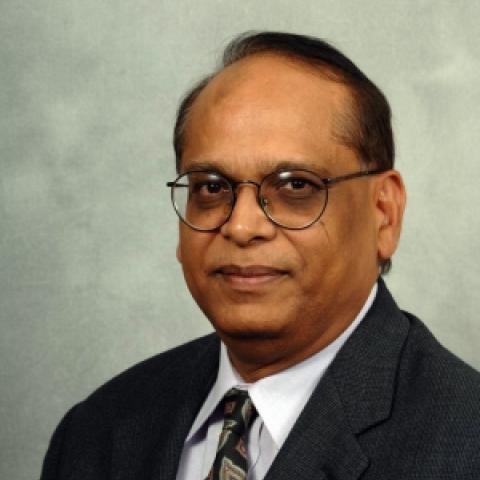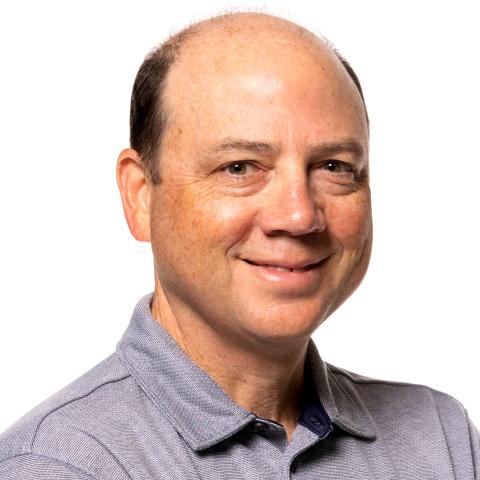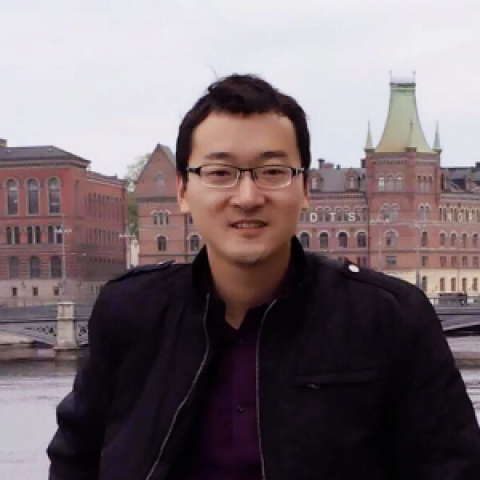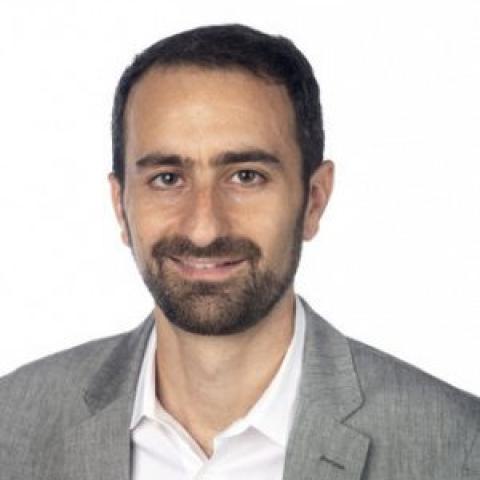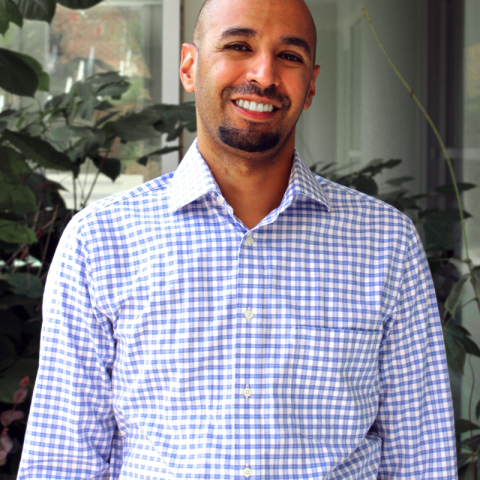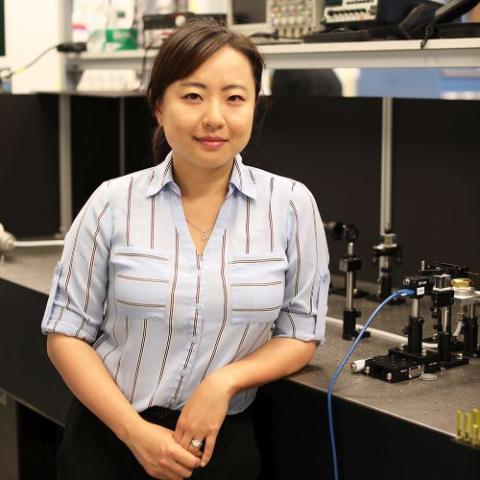Samuel Coogan
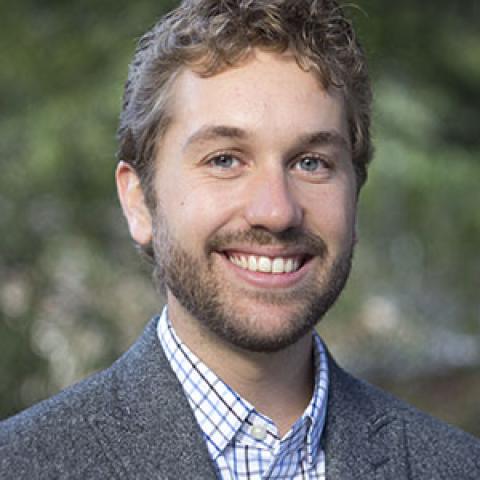
Sam Coogan received the B.S. degree in Electrical Engineering from Georgia Tech and the M.S. and Ph.D. degrees in Electrical Engineering from the University of California, Berkeley. In 2015, he was a postdoctoral research engineer at Sensys Networks, Inc., and in 2012 he spent time at NASA's Jet Propulsion Lab. Before joining Georgia Tech in 2017, he was an assistant professor in the Electrical Engineering department at UCLA from 2015–2017. His awards and recognitions include the 2020 Donald P Eckman Award from the American Automatic Control Council recognizing "an outstanding young engineer in the field of automatic control", a Young Investigator Award from the Air Force Office of Scientific Research in 2019, a CAREER Award from the National Science Foundation in 2018, and the Outstanding paper award for the IEEE Transactions on Control of Network Systems in 2017.

